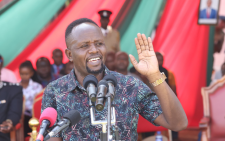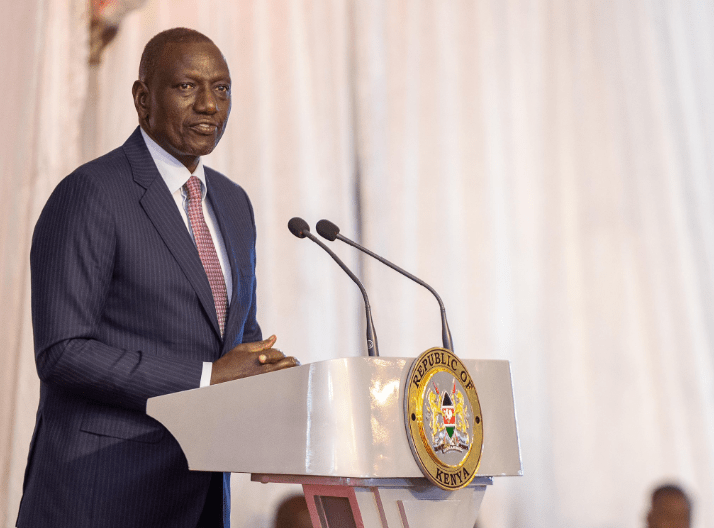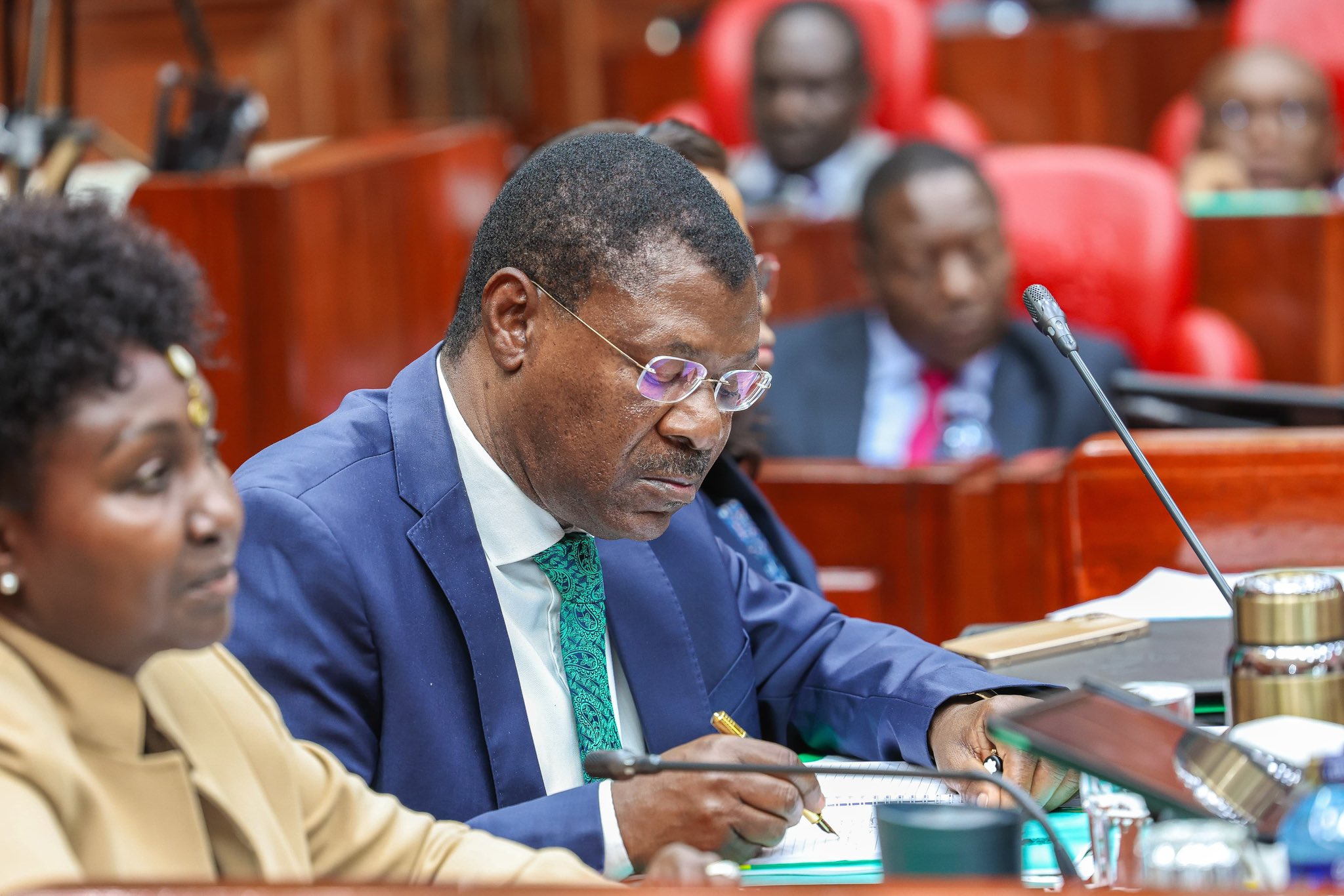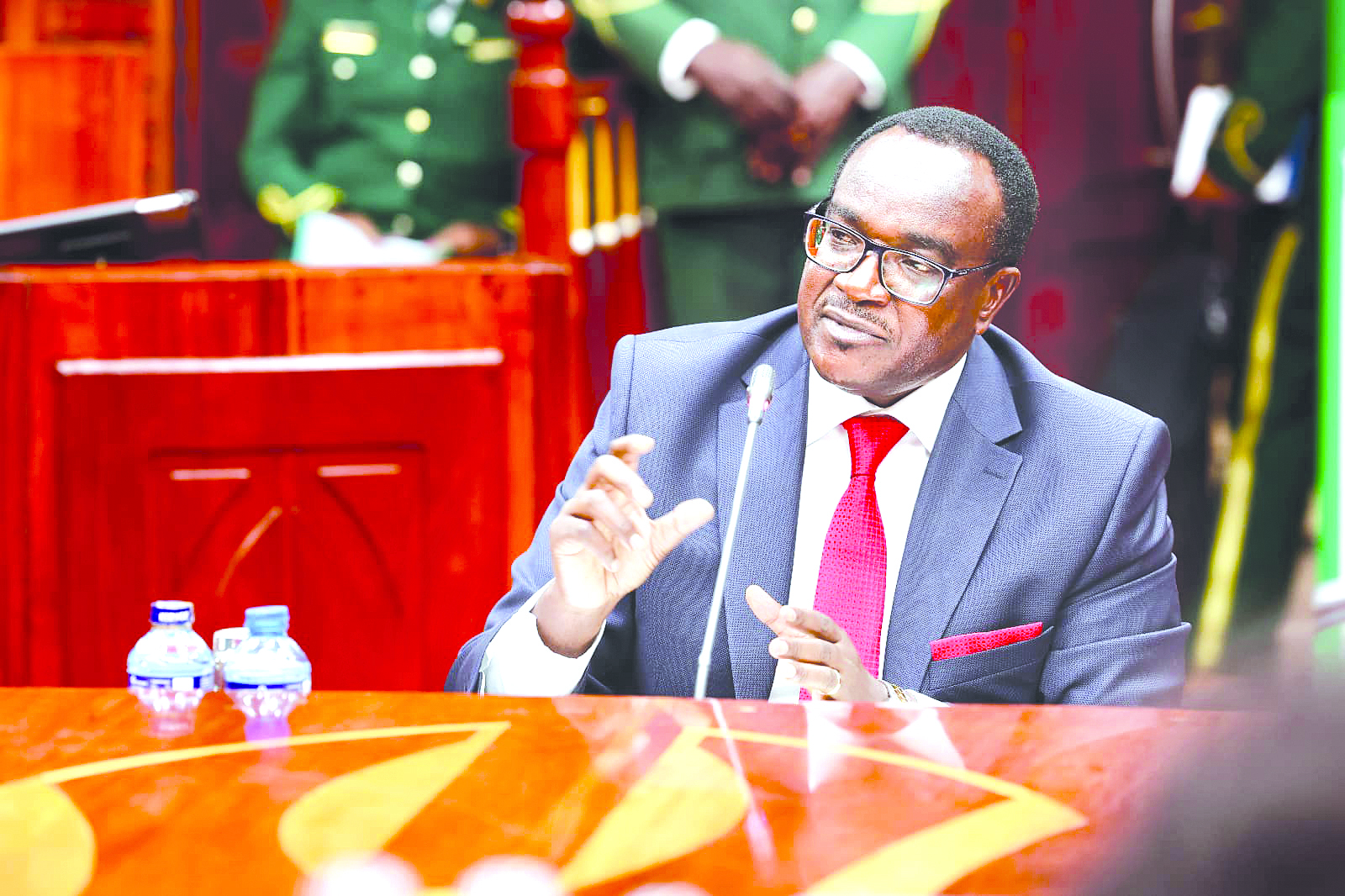Gap between President and the people widening
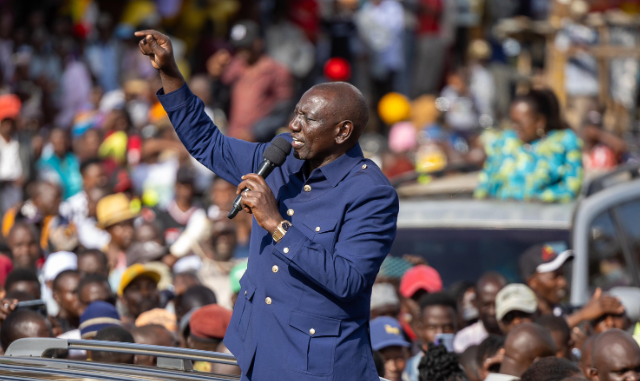
Parliament resumes sittings today with legislators set for heated debate amid a major national political and economic crisis confronting President William Ruto’s government.
While the key item on the National Assembly’s agenda will be the National Dialogue Committee (NADCO) report, the Senate’s will be the deadlock over the sharing of revenue between the national government and counties.
The NADCO report is awaiting Ruto and Opposition leader Raila Odinga’s endorsement after the committee co-chaired by Wiper party leader Kalonzo Musyoka and Majority Leader Kimani Ichung’wah heard views from civil society, religious leaders and the public.
Ruto had caved in to mounting pressure following protests in March 2023 led by Raila over the high cost of living and electoral justice following the disputed August 2022 election.
The nationwide protests threatened to cause economic mayhem and led to deaths, injuries and destruction of property mainly in Opposition strongholds.
Debate in Parliament will revolve around a crucial NADCO achievement – a proposal to amend the Elections Act, 2011 and the Independent Electoral and Boundaries Commission (IEBC) Act, 2011 to repeal various parts of the Acts declared unconstitutional by the Supreme Court during the presidential election petition.
However, the talks only provided temporary relief and as the legislators resume their sittings today, there is huge gap between the Presidency, Parliament and the people over the contentious issues contained in the NADCO report.
On one hand, the people are unhappy because the bipartisan talks failed to resolve the main issue affecting them – the high cost of living and the burden of taxation, considering the punitive measures contained in the Finance Act, 2023.
The President is in a foul mood because, the courts have made rulings that appear to side with the people’s appeal for justice on this taxation and economic measures that he has made a personal crusade.
His anger and accusations of corruption against the Judiciary and threats to defy court orders is understandable because the courts have made a series of rulings against his pet public projects and policies, including the hugely unpopular affordable housing levy.
Supported by his political allies, he has publicly made unstatesmanlike and unproven attacks on the Judiciary and accused unnamed judges of corruption. The irony is that the shadow of corruption allegations continues to hover over the Kenya Kwanza administration.
In the near one-and-a-half years that the government has been in office, most corruption cases involving top State and government officials have been dropped and no “big fish” has been prosecuted on corruption charges.
This has further widened the mistrust between the government and the people over its sincerity in slaying the dragon of corruption that, even the President, admits is a cancer that is tearing the nation apart, contributing to poverty and underdevelopment.
So as the members of the National Assembly and the Senate begin the third session today, Parliament will have to shed off the negative public perception that it has been “captured” by the Executive and abide by the letter and spirit of the Constitution.
Time is running out. If legislators cannot give vent to the recommendations of the bipartisan talks, then the gap between the President, Parliament and the people may not be bridged and the consequences are grave to contemplate.
—The writer comments on governance and constitutional affairs —[email protected]

